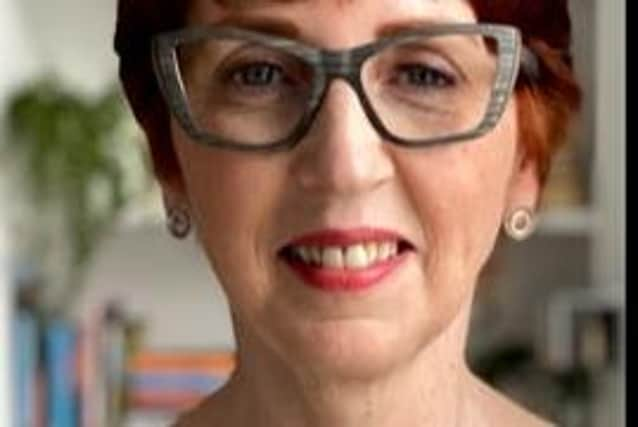Why we all have a role to play in the prevention of suicide - Rose Fitzpatrick


These are not simply numbers; each is a person in a family and a community. Yet suicide is still not spoken about openly. It remains a subject that we find difficult to talk about, but as a leading cause of death among young people and with men in their middle years particularly vulnerable, it is vital that we do.
Supporting people to start these conversations is at the centre of a new campaign – United to Prevent Suicide – launched recently by Scotland’s National Suicide Prevention Leadership Group (NSPLG). Our role is to support implementation of Scotland’s Suicide Prevention Action Plan (2018): Every Life Matters.
Advertisement
Hide AdAdvertisement
Hide AdWords are powerful things, aren’t they? They can stigmatise, divide and isolate. But they can also reassure, inform and help.
Put simply: we should not be afraid to talk about suicide. People who experience suicidal thoughts tell us that using the word ‘suicide’, can enable someone who needs help to start a conversation, and can save a life.
And yet. A recent YouGov poll commissioned for this campaign revealed that nearly a third (31 per cent) of people in Scotland wouldn’t know how to help if someone they knew was having suicidal thoughts, and over a third (36 per cent) have never spoken about suicide with anyone at all.
We have launched United to Prevent Suicide because we want everyone to have the confidence to ask for help, and any of us to have the confidence to give it. Without stigma, without fear of judgement and without the (entirely baseless but sadly all-too-common) fear that in using the word suicide we will somehow put the idea in someone’s head. For clarity, we won’t. What we will do by talking about suicide is in many cases give the person thinking about suicide a sense of relief, and in all cases give them the chance to get the help they need.
We’ve developed this campaign with people of all ages. Their stories form the basis of our new short film, which focuses on the difficulty of saying the word ‘suicide’.
When you watch the film onTV or social media, you should know that the powerful and authentic words you hear are spoken by real people telling us about their own real experiences, including bereavement by suicide. They are telling us that we all need to learn to talk about suicide.
I’m really heartened that since launching United to Prevent Suicide, the number of people who have signed up to find out more has grown every day.
Signing up gives access to straightforward resources like animations on how to start a conversation and information on sources of more specialist help.
Advertisement
Hide AdAdvertisement
Hide AdSo if you’re reading this and wondering if it’s relevant to you; it is.
If you’re wondering why it’s important; listen to the voices of the people in our new film.
If you’re wondering whether you could help remove stigma about suicide and be confident in having a conversation that could save a life; you could.
We all need to talk about suicide because suicide prevention is everyone’s business, and any of us could help save a life. Every life matters.
Join the movement by signing up and accessing resources on talking about suicide at www.unitedtopreventsuicide.org.uk.
If you or someone you know needs help now, call Samaritans on 116 123, NHS 24 on 111 or Breathing Space on 0800 838537.
Rose Fitzpatrick, Chair of Scotland’s National Suicide Prevention Leadership Group
Comments
Want to join the conversation? Please or to comment on this article.